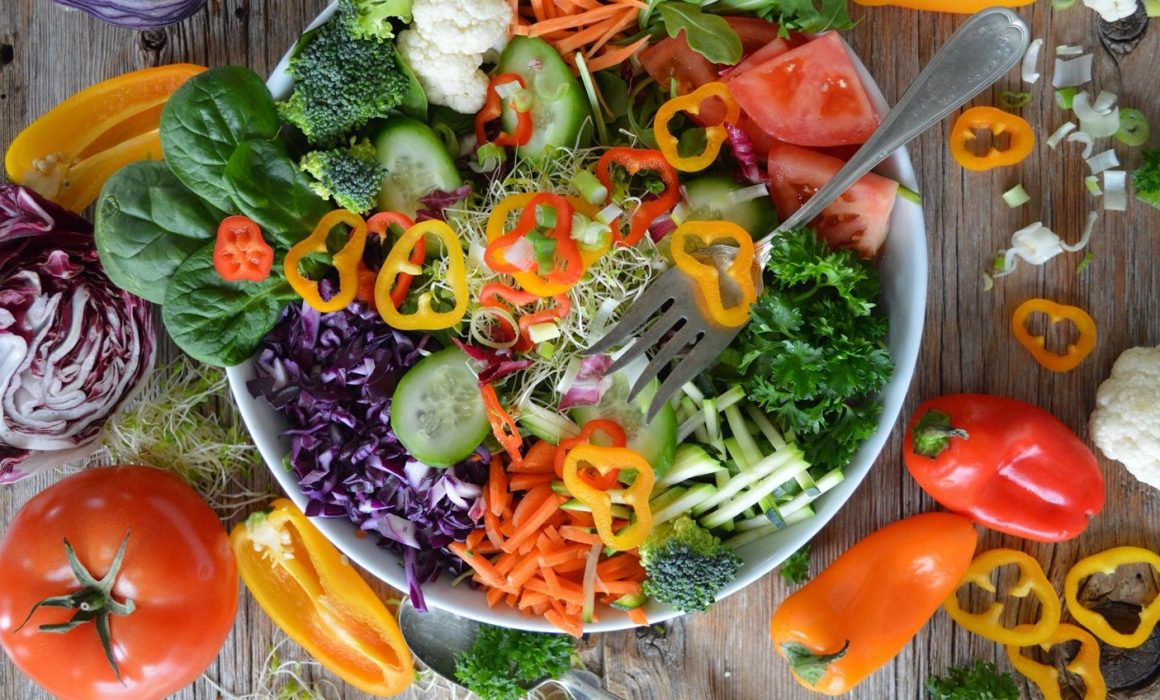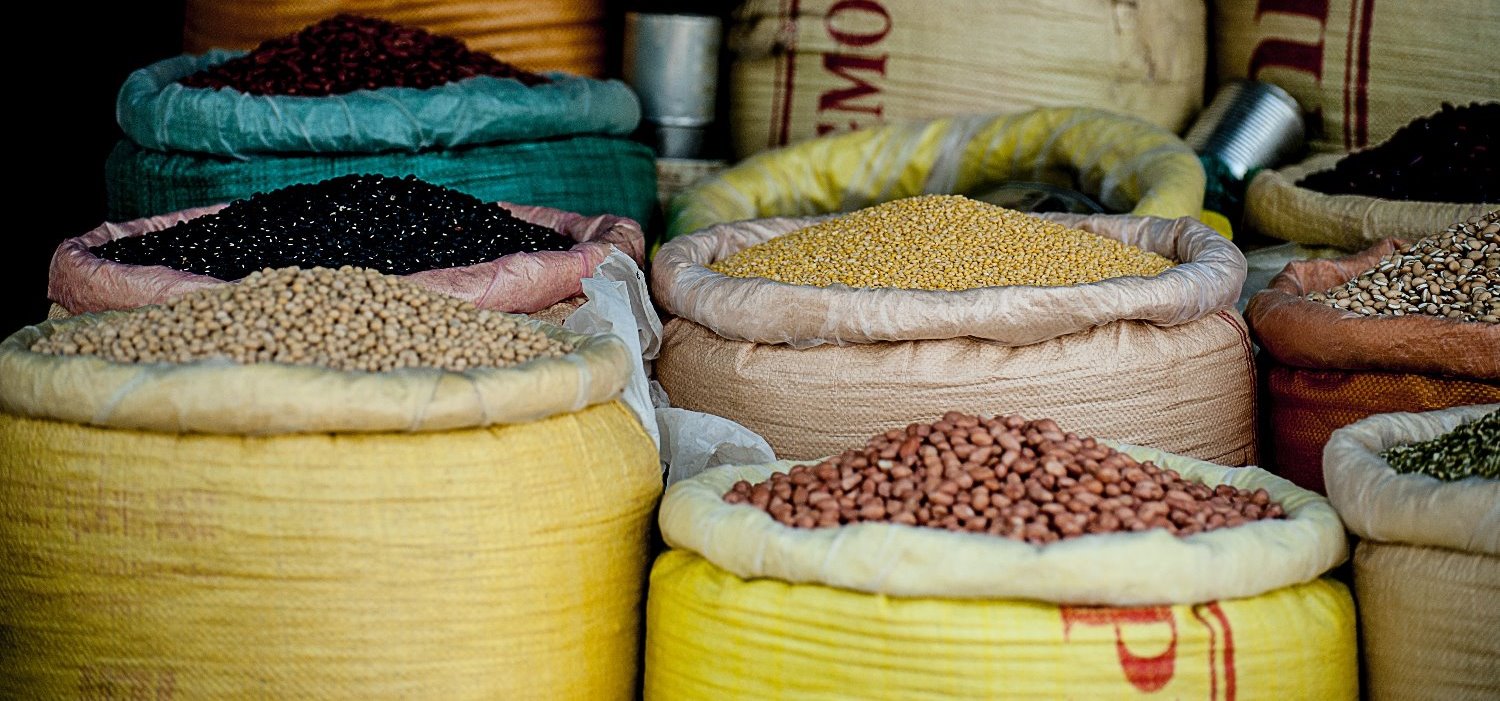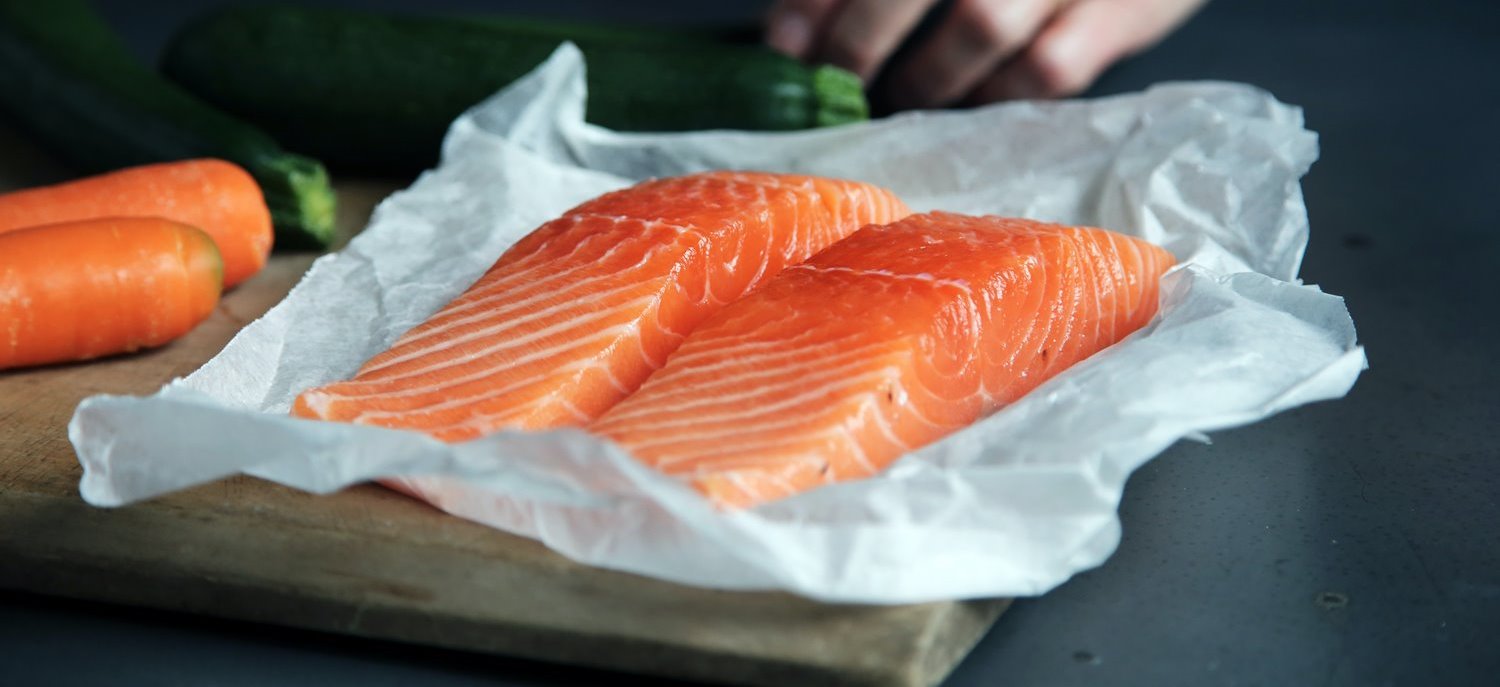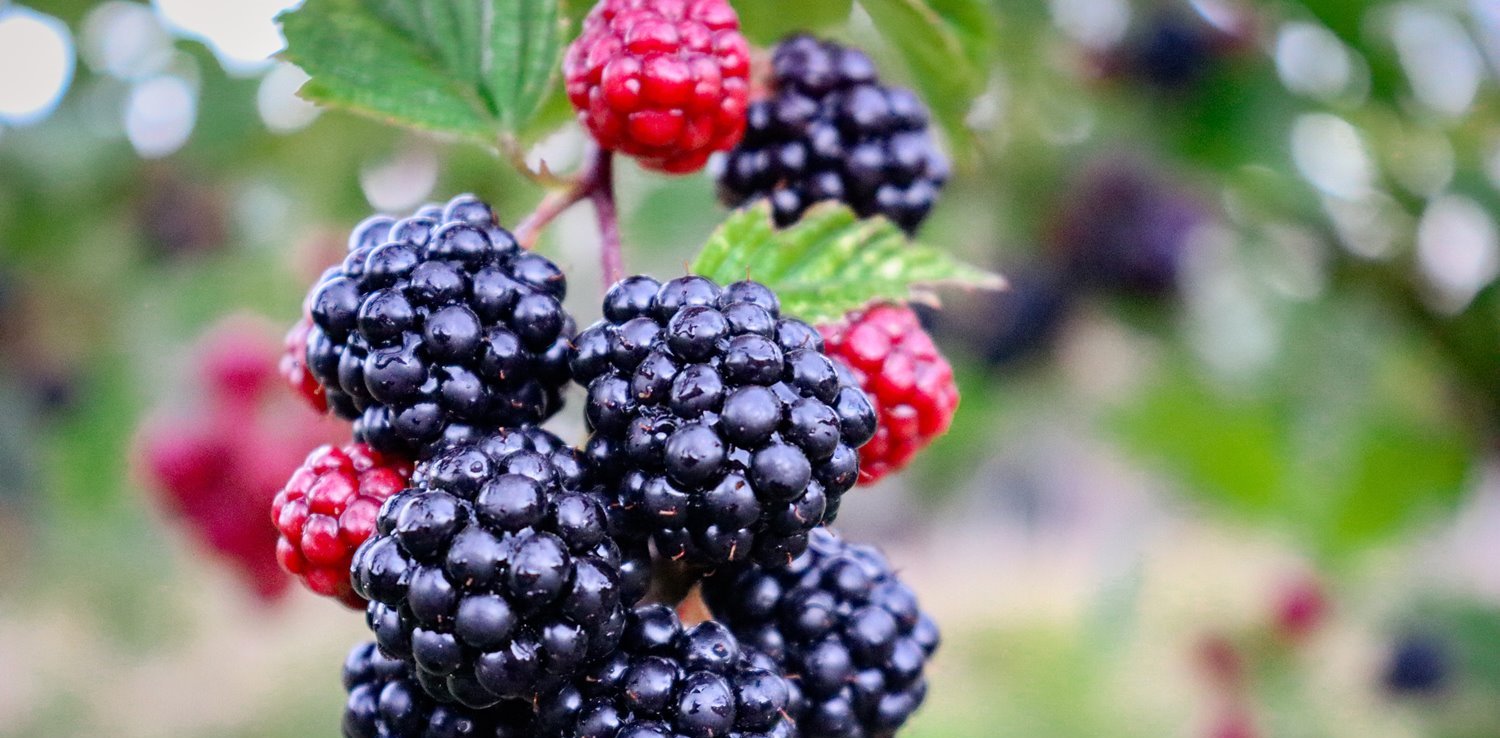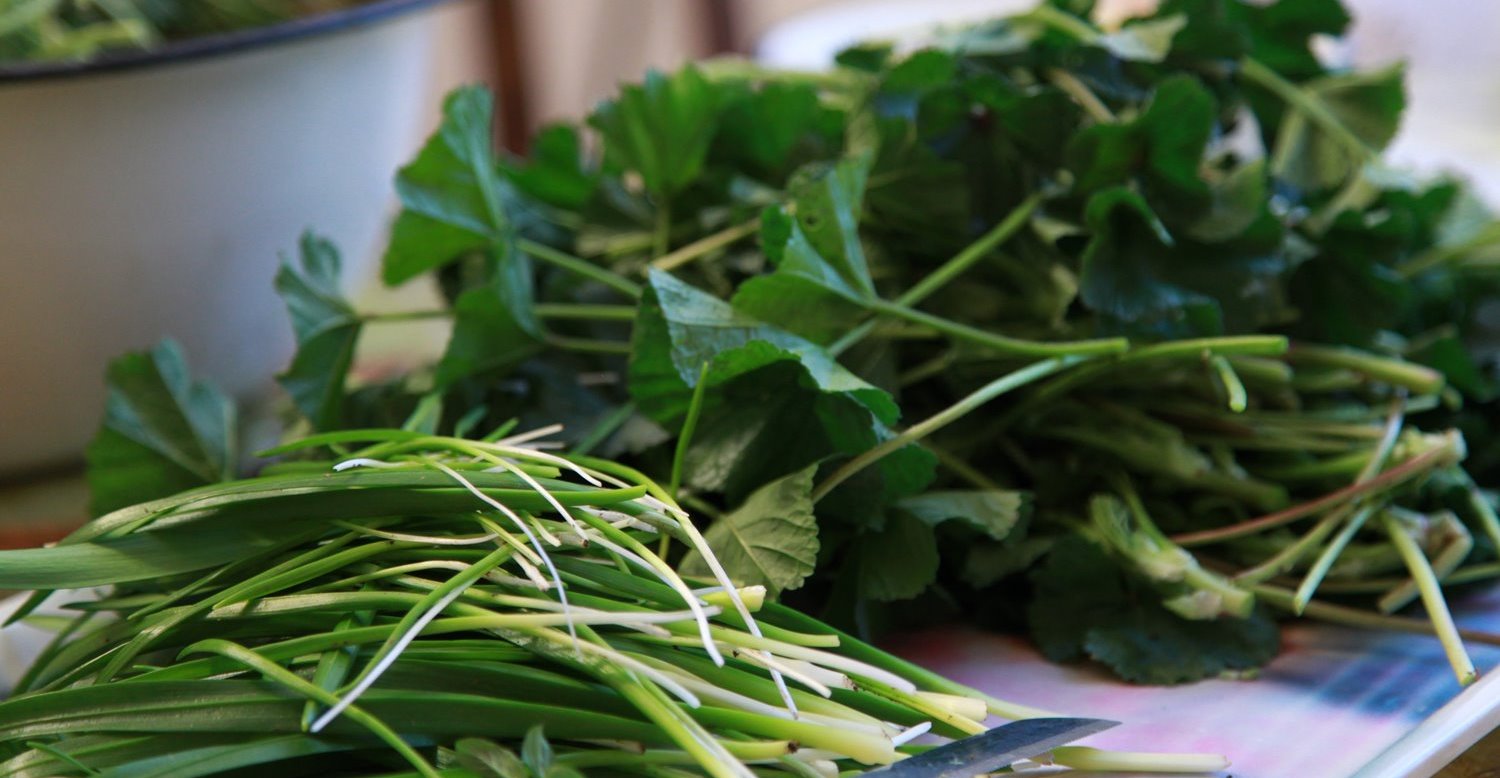5 Diabetes-Friendly Foods to Keep Your Blood Sugar in Check
5 Diabetes-Friendly Foods to Keep Your Blood Sugar in Check
Posts | Articles | Press | Videos
Formatted and edited by Tim Carthon* (Blog #52: Health)
Living with diabetes can be challenging, but it doesn't mean you have to sacrifice delicious food or compromise your health.
You see, managing diabetes primarily revolves around maintaining stable blood sugar levels. And one of the most effective ways to achieve this is through a balanced diet.
In this article, we will explore five diabetes-friendly foods that can help you manage your condition, possibly even reverse it, and promote overall wellbeing.
5.) Nuts and Seeds
Nuts and seeds, such as almonds, walnuts, flaxseeds, and chia seeds, are excellent additions to a diabetes-friendly diet.
They are rich in healthy fats, protein, and fiber, making them a satisfying and nutritious snack option. The healthy fats in nuts and seeds can help improve insulin sensitivity and reduce inflammation.
Additionally, they have a low glycemic index, which means they have a minimal impact on blood sugar levels when consumed in moderation.
Incorporate nuts and seeds into your diet by sprinkling them on salads, yogurt, or oatmeal. You can also enjoy them as a standalone snack, but be cautious with portion sizes, as they are calorie-dense.
4.) Whole Grains
Whole grains like quinoa, brown rice, and whole wheat pasta are a better choice for people with diabetes compared to refined grains.
Whole grains are rich in fiber, vitamins, and minerals, which slow down the digestion of carbohydrates and help prevent rapid blood sugar spikes.
Furthermore, the fiber in whole grains can improve satiety, making you feel full for longer periods, which can aid in weight management—a crucial aspect of diabetes management.
Replacing refined grains with whole grains can also reduce the risk of heart disease, a common comorbidity in individuals with diabetes.
When selecting grains, check food labels for the term "whole grain" and be mindful of portion sizes to manage carbohydrate intake effectively.
3.) Fatty Fish
Fatty fish like salmon, mackerel, and sardines are rich in omega-3 fatty acids, which have numerous health benefits for individuals with diabetes.
Omega-3s can help reduce inflammation, lower triglyceride levels, and improve heart health.
Omega-3 fatty acids may also enhance insulin sensitivity, making it easier for your cells to respond to insulin and regulate blood sugar levels.
Grilling, baking, or broiling fish is a healthy way to prepare it, and you can season it with herbs and spices instead of using high-sugar sauces.
It is important to ensure healthy eating with diabetes. This is because diabetes increases the risk of cardiovascular problems, so incorporating these heart-healthy fats into your diet is a smart choice.
So, aim to include fatty fish in your diet at least twice a week for maximum benefits.
2.) Berries
Berries, such as blueberries, strawberries, and raspberries, are each a diabetes-friendly food due to their low glycemic index (GI) and high antioxidant content.
The low GI means that berries have a minimal impact on blood sugar levels when consumed in moderation.
These tiny powerhouses are packed with vitamins, minerals, and fiber, making them a great addition to your diet.
Berries also contain natural compounds like anthocyanins and quercetin, which have been shown to improve insulin sensitivity and reduce the risk of diabetes-related complications.
You can enjoy berries as a topping for yogurt, in smoothies, or simply as a tasty snack. Just be mindful of portion sizes to avoid overindulging in natural sugars.
1.) Leafy Greens
Leafy greens like spinach, kale, and Swiss chard are excellent choices for individuals with diabetes.
These vegetables are low in carbohydrates and calories while being rich in essential nutrients like vitamins A and C, calcium, and fiber.
The high fiber content in leafy greens slows down the digestion and absorption of carbohydrates, preventing rapid spikes in blood sugar levels.
Additionally, leafy greens are a good source of antioxidants, which help reduce inflammation and protect against diabetes-related complications.
Incorporating a variety of leafy greens into your diet can be as easy as adding them to salads, soups, or stir-fries.
So, these are important nutritional tips for diabetes. REMEMBER: Managing diabetes is a lifelong journey that requires careful attention to your diet and lifestyle.
And these five diabetes-friendly foods — leafy greens, berries, fatty fish, whole grains, and nuts and seeds — can be valuable additions to your meal plan.
They not only help stabilize blood sugar levels, but also provide essential nutrients that support overall health.
Remember that maintaining a balanced diet is just one aspect of diabetes management. It's crucial to work closely with your healthcare team to develop a personalized plan that meets your unique needs.
Regular monitoring of blood sugar levels, i.e. blood sugar control, staying active, and managing stress are also essential components of a holistic approach to diabetes care.
By making informed choices and incorporating these diabetes-friendly foods into your daily meals, you can take significant steps toward better blood sugar control and a healthier, happier life with diabetes.
* See more on diabetes management: American Diabetes Association (ADA): www.diabetes.org, Centers for Disease Control and Prevention (CDC): www.cdc.gov/diabetes, National Institute of Diabetes and Digestive and Kidney Diseases (NIDDK): www.niddk.nih.gov, Mayo Clinic: www.mayoclinic.org, and World Health Organization (WHO): www.who.int.

Contact Tim Carthon
Book Tim Carthon
Speaker | Specialist | Author | Educator
LIKE Tim on Facebook®
FOLLOW Tim on Reddit®
FOLLOW Tim on Twitter®
FOLLOW Tim on Tumblr®
FOLLOW Tim on Instagram®
SUBSCRIBE to Tim on YouTube®
Posts | Articles | Press | Videos
PLEASE NOTE: The words in this article were originally created using ChatGPT AI, and then formatted and edited by Tim Carthon for TimCarthon.com. Tim Carthon is an official independent affiliate ambassador of the individual(s)/companies found in and/or attached to this article.
The individual(s) and/or companies, and their products, services, etc. listed above are theirs and theirs alone, and they are solely responsible for them and any and all things, be they positive or negative, that come from you paying for and/or using them, and you using our site means that you understand and irrevocably agree to and with such. Please contact their official websites if you have any questions and/or concerns.
Also, the content on this website is for information purposes only. None of it, including the food, drinks, supplements, products/services, and anything and everything else about which it speaks, is intended to diagnose, treat, cure, or prevent any disease, and you accessing it/them, be it purposefully or accidentally, means you clearly and irrevocably understand such. Thank you.

